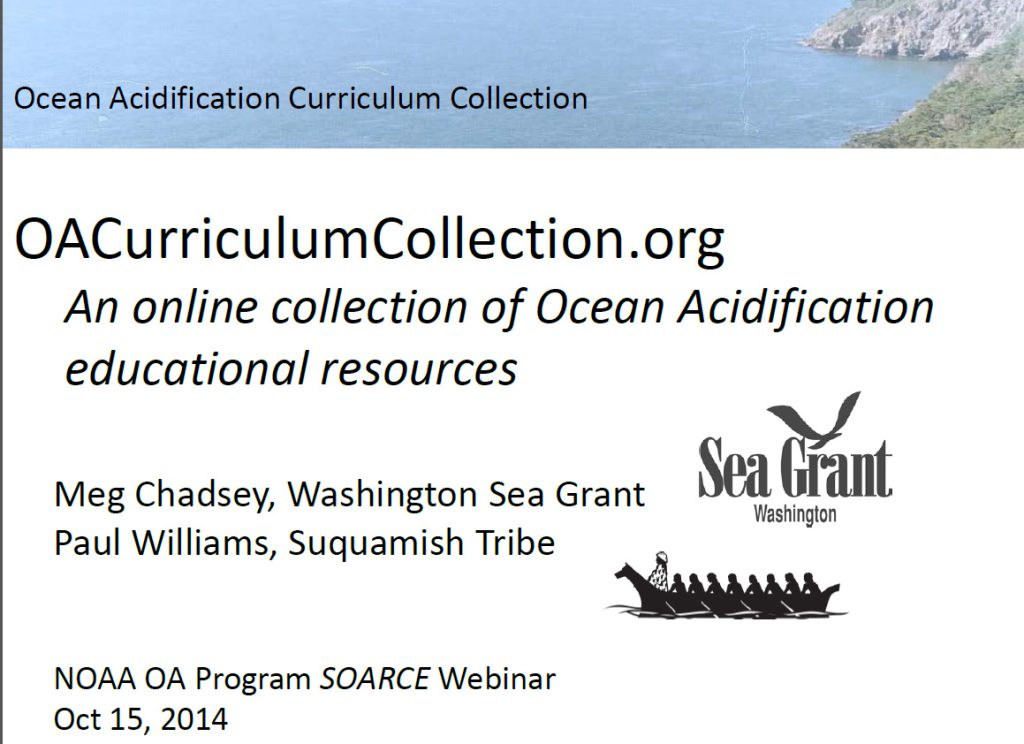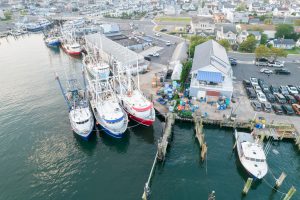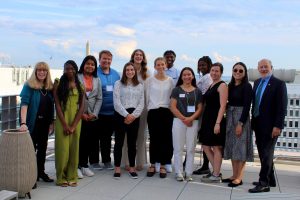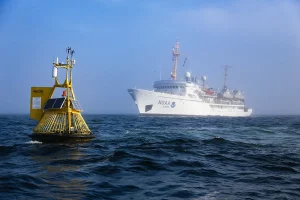SOARCE Webinar
Primary Audience: Teachers, formal educators
Date/time: Wednesday, Oct. 15th 3pm PDT (6pm EDT)
Project website: http://www.oacurriculumcollection.org/
This webinar will walk you through OAcurriculumcollection.org – a new searchable database of lessons and supplemental materials on ocean acidification. Our purpose in creating this site is to make it easier for educators and communicators to find and share OA materials, and to identify gaps where materials are needed. The collection is organized around a set of learning targets that explore the central question: “How is the shifting carbon cycle affecting ocean systems?” The multidisciplinary nature of ocean acidification makes it ideal subject matter for illustrating the core ideas, crosscutting concepts and scientific practices contained in the Next Generation Science Standards (NGSS). We will discuss our plans to highlight the NGSS connections with the materials in the collection.
Learning Targets:
- Fast (biological) and Slow (geological) Carbon Cycles
- The Shifting Balance of Carbon
- How Ocean Acidification Affects Marine organisms
- Effects of Ocean Acidification on Marine Ecosystems
- Ocean acidification, humans and environmental systems —Cause and Effect
- Addressing OA—Engaging People, Governments and Science
About the Speakers:
Meg Chadsey
As Washington Sea Grant’s Ocean Acidification Specialist and liaison to NOAA’s Pacific Marine Environmental Laboratory, Meg supports scientists, stakeholders and the public in their efforts to understand, communicate, and address the problem. In the past year, she oversaw the production of two widely-disseminated OA fact sheets ’20 Facts About Ocean Acidification’ and ‘Ocean Acidification in the Pacific Northwest’, contributed to a highly-ranked phytoremediation proposal submitted to the Paul Allen Family Foundation’s ‘Ocean Challenge', and has trained educators in effective ways to teach about ocean acidification to a variety of grade bands. In 2012, she helped coordinate the Washington Blue Ribbon Panel on Ocean Acidification, and edited the Panel’s Science Summary. She has a bachelor’s degree from Cornell University and a doctorate in microbiology from the University of Washington.
Paul Williams
</ br>






